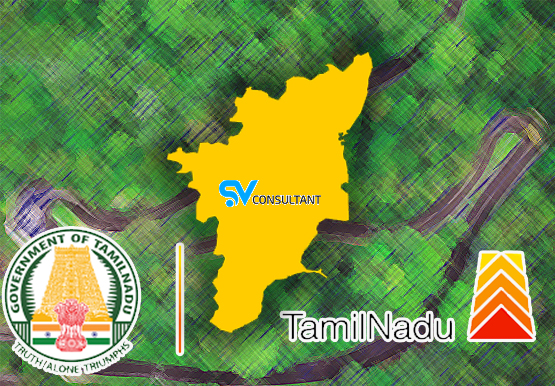
GST Registration
Goods and Services Tax (GST) is a crucial component of India's tax system. It has simplified taxation by consolidating multiple indirect taxes into one. In India, whether small or large businesses, are required to register for GST once they cross a specified turnover limit. This blog about GST registration - its process, required documents, and benefits.
What is GST Registration?
GST registration is the process by which a business becomes registered under the Goods and Services Tax. Once registered, the business receives a unique GSTIN (Goods and Services Tax Identification Number), which is a 15-digit number allocated by the government.
Who Needs to Register for GST?
As per GST rules, businesses with an annual turnover exceeding ₹20 lakhs (₹10 lakhs for NE and hill states) must register for GST. However, some specific cases require mandatory GST registration, irrespective of turnover:
- Interstate Business: If you are involved in inter-state supply of goods or services.
- E-commerce Operators: If you operate via an e-commerce platform.
- Casual Taxable Persons: Temporary businesses or those without a fixed place of business.
- Input Service Distributors: Businesses distributing input tax credits.
GST Registration Process
- Visit the GST Portal: Go to the official GST registration portal (https://www.gst.gov.in/).
- Generate TRN (Temporary Reference Number): Submit your email ID and mobile number to generate a TRN.
- Fill Part-A of the form (GST REG-01): Provide details like PAN, email, and mobile.
- Fill Part-B of the form: Once you verify your details, fill in business information like business address, partners, authorized signatories, etc.
- Submit documents: Upload the necessary documents.
- Verification and approval: Upon document verification, the GST officer may approve or ask for further clarification.
- Receive your GSTIN: Once approved, you will get your GSTIN via email and SMS.
Documents Required for GST Registration
To successfully complete the GST Registration Process, you need the following documents:
- PAN card of the business or the proprietor
- Identity and address proof of the business owner(s)
- Business address proof (electricity bill, rent agreement, etc.)
- Bank account details (cancelled cheque or bank statement)
- Digital Signature Certificate (DSC) for companies
Benefits of GST Registration
- Legitimate business status: Registering under GST grants businesses a legal status, which builds credibility with customers and suppliers.
- Input tax credit: You can claim input tax credit on purchases made, reducing your tax liability.
- Nationwide market access: Once registered under GST, you can do business seamlessly across the country without worrying about various state taxes.
- Easier compliance: The GST framework has a unified tax structure, reducing the compliance burden.
- Improved business reputation: Registering under GST shows that you are compliant with the tax laws, enhancing your business reputation.
Late Fees and Penalties
Failure to register for GST, despite meeting the criteria, may result in penalties. The penalty is 10% of the tax due or ₹10,000, whichever is higher. Filing your GST returns late can also attract late fees and interest charges.
Registering for GST is a legal requirement for many businesses, and understanding the process can save you from future penalties and legal hassles. GST registration process is simple and straightforward when you have the required documents at hand. If you haven’t yet registered for GST, now is the time to take this crucial step toward tax compliance and business growth. SV Consultant is the one of the Best GST Registration Consultant, contact us and get you registration done at affordable price.
Share:
facebook Twitter Google+ tumblr Pinterest Pinterest linkedinPost A Comment
Our Service Area

TamilNadu
Advertising Consultant

Kerala
Activation Consultant

Karnataka
Change Management Consultant
